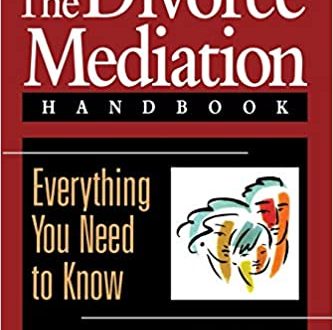Divorce Mediation – Advantages of Divorce Mediation
Divorce mediation is an alternative legal method often utilized successfully and often successfully by divorced spouses who wish to divorce, and also by domestic partnerships who wish to separate peacefully. Divorce mediation is an alternative to courtrooms full of men and women screaming at each other, being subjected to public scrutiny, and having their rights infringed upon. In mediation, the parties communicate freely with a neutral third-party individual, who facilitates the conversation based on the specific needs of each party. The mediator, not the attorneys, mediate the case.
It’s important to understand the process of divorce mediation. In divorce mediation, the husband and wife sit before an unbiased, third-party individual in order to talk about their differences in marital property, children, and finances without harming each other emotionally or verbally. Many couples find that through divorce mediation, they come to an agreement about all of the major issues surrounding their marriage, including issues regarding child custody, spousal support, child visitation, the division of their assets, and possibly even child alimony (which is usually determined by the court, not spouses). In most cases, the spouses come to an agreement about major issues, with minor issues coming to a compromise at some point during the course of the divorce mediation process.
Once the parties have agreed upon the major issues, they will prepare for divorce court proceedings. This includes scheduling appointments with the divorce attorney, writing formal divorce documents, preparing for cross-examination, gathering witness and victim testimony, arranging travel arrangements, getting a copy of Joint Custody Information, getting a child custody calendar, making final decisions about financial management, and possibly settling estate, gift, and trust issues. If either spouse requires additional legal assistance, the divorce lawyer may suggest that his or her client see a family law lawyer. In a small minority of cases, the mediator may serve as the legal representative for one party or both parties. However, if that party decides to pursue litigation after the conclusion of the mediation, the judge will likely appoint an attorney to that party.
Divorce mediation can be quite helpful for couples who are experiencing a myriad of problems that are having a profound effect on their relationship. It also can be beneficial for those who believe that they are about to experience a very difficult time in their lives. Typically, both spouses come out of divorce mediation feeling better about the relationship, which is beneficial because it provides them with a means to begin rebuilding their lives based on what was previously known before the current marriage. However, some disadvantages of divorce mediation make it a preferable method of resolution only when the parties feel that it provides them with a way to avoid litigation and, perhaps most importantly, to protect their best interests after divorce.
One of the primary advantages of divorce mediation is that it allows the spouses to address their negative feelings and emotions, and work out solutions. Without this opportunity, they may never be able to resolve some of the more difficult issues. For example, if a spouse refuses to cooperate with the other parent in the child custody and visitation case, the courts will make the decision regarding custody and visitation. If a spouse does not want to cooperate, but does not show the ability to communicate effectively, the courts will make that decision. Divorce mediation affords both spouses an opportunity to negotiate these important matters without the threat of adversarial litigation.
Another advantage of divorce mediation is that it tends to keep emotions at bay. In the days prior to the mediation, both spouses are likely to be feeling very angry, hurt, and angry about the decision. By having your spouse sit down with a neutral third party mediator, it allows you the opportunity to address those feelings without getting into a shouting match or emotional outburst. While it can be difficult to control your temper in the early stages of a relationship, you will find that by having your spouse sit down with a neutral third party, you are better able to do so. This often results in the spouses coming to a better understanding of each other.
Additionally, divorcing couples who participate in divorce mediation may find themselves less stressed out by the proceedings. Divorce mediation may be less traumatic for some people than actually going through a divorce in which the spouses are battling over family custody, child support, property, and other issues. The spouses are less likely to be emotionally upset during this portion of the process, which means that they may be able to focus on the positive aspects of the settlement much more easily.
As you can see, divorce mediation has many advantages. It allows the divorcing couple to communicate with a neutral third party, which makes the communication more effective. It keeps emotions from boiling over in a courtroom. It allows both sides to address their issues at an easier pace. Finally, divorce mediation tends to result in a more agreeable divorce settlement than would be possible through traditional litigation. When a couple chooses to go through divorce mediation, they ensure that they will get a fair and equitable divorce settlement.



